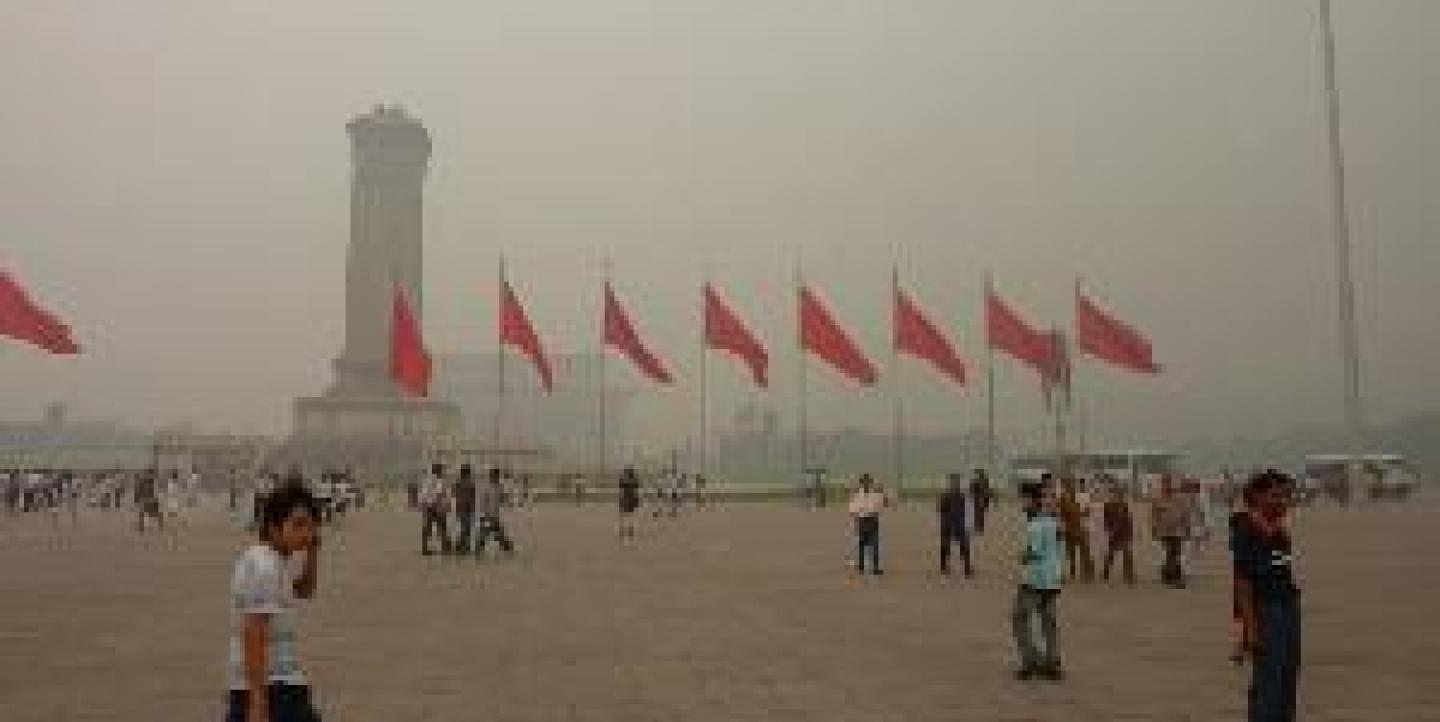China is using diplomacy to help authoritarian governments expand control of the media in Latin America, Africa and Southeast Asia, according to a recent report by the Center for International Media Assistance (CIMA).
According to the report, called "Winds of Change," the Chinese government is using media outreach to form anti-Western alliances and demonstrate the benefits of a pro-China relationship to countries that are still maintaining diplomatic relations with Taiwan.
The Chinese government states that Taiwan is an inalienable part of China, and disregards the movement for Taiwanese sovereignty. The controversy depends largely on whether the international community accepts Taiwan's claim as a legitimate state. More than half of the countries that still recognize Taiwan are in Latin America, and four are in sub-Saharan Africa.
China has been carrying out its diplomatic efforts in a variety of ways. In Southeast Asia, the government has provided media content, and integrated the Chinese perspective into the daily news through memorandums of understanding.
In Latin America, China has been assisting Venezuelan President Hugo Chávez's alliance. Venezuela recently purchased a communications satellite from China, and the government has provided media content throughout this region.
In Africa, China has not only made significant investments in media infrastructure, but has emphasized providing Africa-related content to underdeveloped media institutions.
Domestically, China has also created training programs for foreign journalists, and undertaken a significant expansion of national media, including the Xinhua News Agency.
John Pomfret of the Washington Post said in the report, "The Chinese want to change the way people think about them. They have a belief they don't get a fair shake in the Western media…they want to create international media conglomerates to compete with Thomson-Reuters, the BBC, and AP."
To read the full report, click here.

